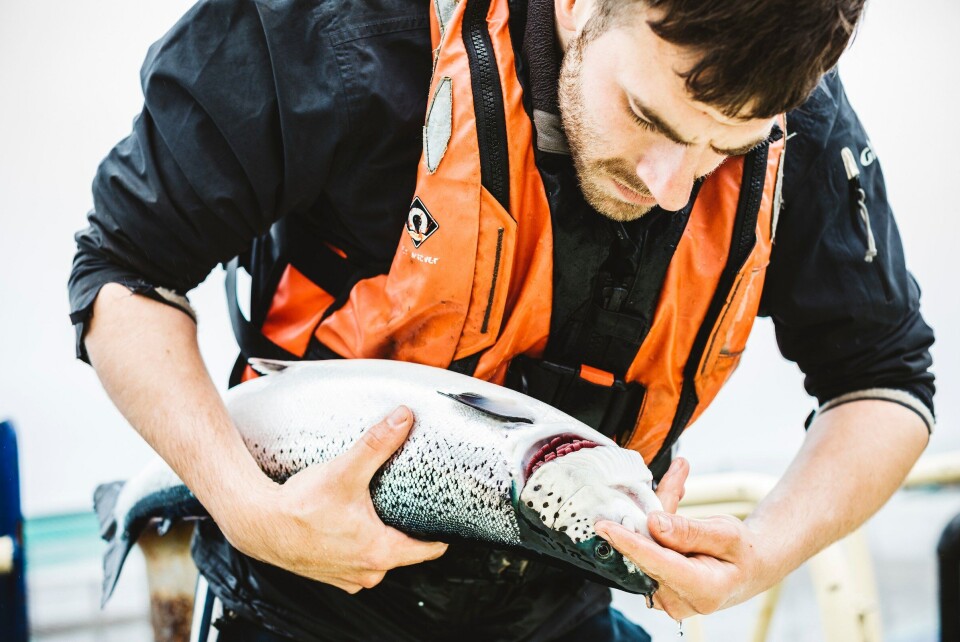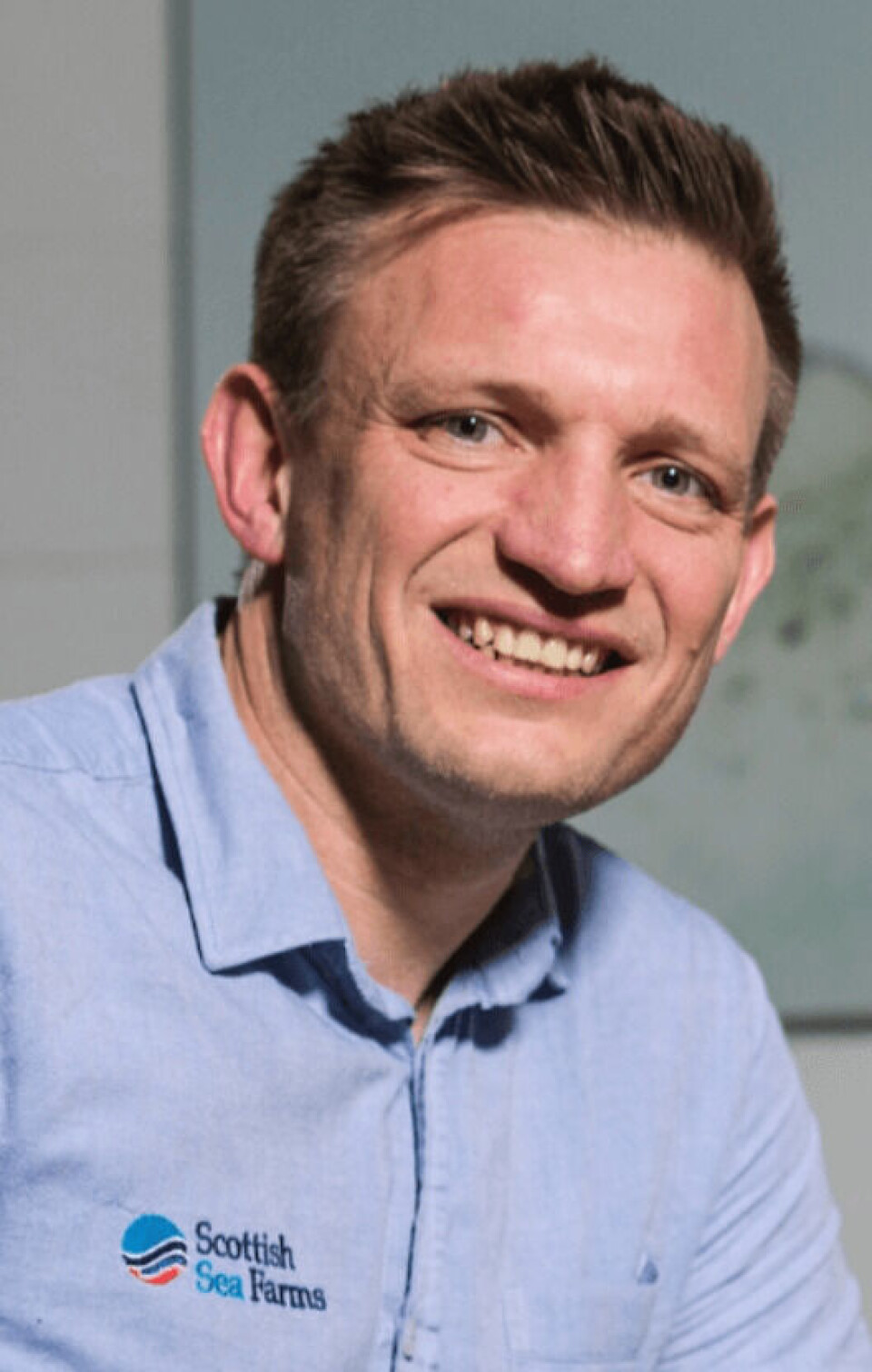
Scottish Sea Farms to lead second gill health project
Scottish Sea Farms is to lead a second applied research project focused on increasing understanding of gill health in farmed salmon as part of its preventative approach to fish welfare.
The £601,000 project – of which SSF will fund 62%, or £370,636 – will be the salmon farmer’s second such collaboration with the University of Aberdeen, feed specialists BioMar and the Scottish Aquaculture Innovation Centre (SAIC).
Combined, the two projects bring the company’s investment in applied research into gill health to almost £750,000 since 2018, it said in a press release.

Key risks
SSF’s head of fish health, Dr Ralph Bickerdike, said: “The gills are hugely important to the overall health and wellbeing of Atlantic salmon, yet the factors affecting these vital organs are as highly complex as they are little understood. This second gill health project seeks to explore further the early insights gleaned in our initial collaboration, helping increase knowledge of the key risks and how to pre-empt and avoid them.”
The 18-month project, Spatial and temporal drivers of gill pathology in Atlantic salmon, will focus efforts on two key outcomes:
- Exploring the effect of geography and seasonal influences on gill health, in order that additional preventative and continuous measures can be identified and deployed
- Testing the accuracy of a range of new biomarkers - a suite of veterinary tests which help indicate the health status of fish and will enable more informed decisions.
An international challenge
The insights gleaned won’t just benefit SSF.
SAIC’s aquaculture innovation manager for the gill health project, Caroline Griffin, explained: “Gill health has become one of the biggest challenges facing salmon production – not only in Scotland, but in Norway and internationally.
“SAIC is supporting a range of projects across Scotland, drawing on the expertise in our academic institutions and industry to understand the issue and develop innovative solutions. The new knowledge gained will be shared across the sector, helping salmon farmers to maintain healthy populations of farmed fish.”
High mortalities
The devastating effects of gill-related challenges were demonstrated at SSF’s Lismore North farm in Loch Linnhe, which experienced unusually high mortalities of 22% during the last crop as a direct result of complex gill health disorder.
Bickerdike said: “When seawater temperature rises, even by something as seemingly slight as 0.5 degrees, more marine organisms grow. In the summer of 2018 – the joint hottest summer on record for the UK – we experienced a phytoplankton bloom in the Loch Linnhe area which resulted in a challenge to gill health. Increasing our understanding of what more we can do to pre-empt and prevent these kinds of challenges is a priority.”
The Lismore North farm witnessed 15% mortalities earlier in the same crop due to Saprolegnia – a health challenge which arises at freshwater stage and another area currently being researched by SSF, SAIC and partners – contributing to an overall survival rate of 59% for the total crop. This compares with survival rates in excess of 90% for the previous three crops.
Strong average survival rate
Bickerdike said: “Across our farming estate, average end of crop survival is now 87.2%; a strong survival rate that has been aided by Scottish Sea Farms investing over £10 million in applied research into fish health in the last five years alone.
“The challenges experienced at Lismore North, whilst isolated, are precisely the reason why we continue to invest and build our knowledge in order to fully deliver our ‘prevention over cure’ approach to fish welfare and boost survival rates even further.”
The first collaborative applied research project into gill health by the project partners was the two-year Clinical nutrition and the treatment of Atlantic salmon gill diseases (NAGD) project, which began in early 2018 and cost £798,400, of which Scottish Sea Farms contributed £376,000.
The Saprolegnia-related project, Exploring the risk factors for Saprolegniosis outbreaks in salmon farms, involves partners from across the sector including Benchmark, Cooke Aquaculture Scotland, Europharma, Grieg Seafood Shetland, Landcatch Natural Selection, Mowi Scotland, Pulcea, RSPCA, SAIC, the Scottish Salmon Producers’ Organisation, SSF, and the universities of Aberdeen and Glasgow. The three-year project will cost £1.1m, of which SSF is contributing £102,000.




















































